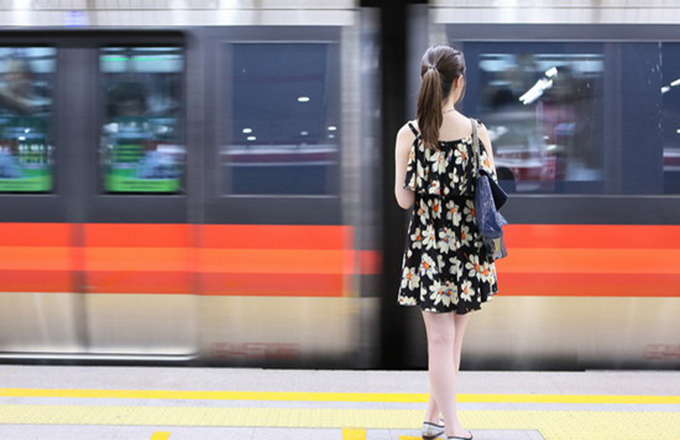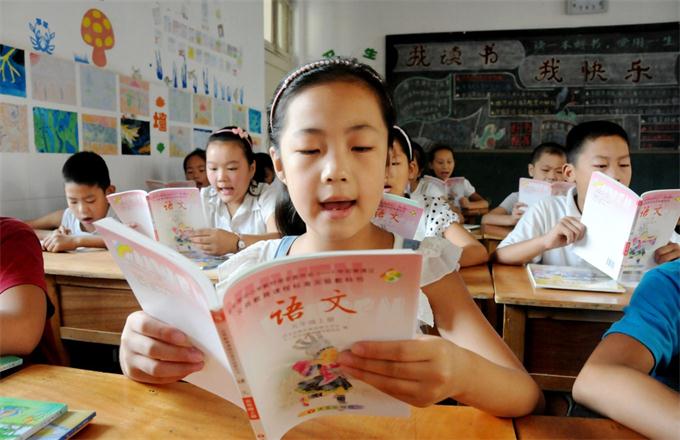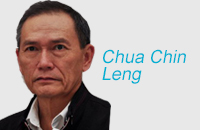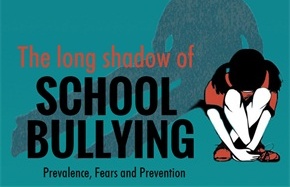Too close to call
By Raymond Zhou (China Daily) Updated: 2016-12-05 09:21Luo's monthly salary is 4,000 yuan and he is the only breadwinner in his household. It seems the family is on the lower end of the middle-class spectrum.
Luo's deal with a marketing firm was not complicated. The company would pay him a minimum of 20,000 yuan and a maximum of 500,000 yuan for the total number of repostings, accounting for the 1 yuan donation.
But I still cannot figure out whether the donations from readers of the post would go to the firm or to Luo. Anyway, a total of more than 2 million yuan was raised before Luo told people to stop sending money.
Now the part I would like to dwell on: the amount needed. The hospital has revealed that the total cost so far for the treatment of his daughter is around 100,000 yuan and insurance has covered most of it, with Luo paying some 20,000 yuan out of his own pocket. This was later confirmed by Luo himself.
This is an amount most Chinese families can afford-even without putting up any asset for sale.
In the past year I have learned firsthand that money is often not the make-or-break factor in treating a cancer patient. Most people have the notion that the more money we can spend, the more likely our loved ones can be saved. But in most cases that I know, this is not true.
Sure, some treatments are costly and not covered by insurance. But the cruel truth is, the miracle cure is simply not there yet for whatever amount of money. The rate of cancer survival depends on early diagnosis.
I got Opdivo, a very expensive drug, for my brother two days before he passed away. The doctor told us that it works well for most patients with skin cancer. For others, the likelihood of a cure is very limited. Now, my sister-in-law wants to donate the remaining medicine to someone who cannot afford it.
But the change of hand must be authorized and explained by a doctor, I insist, because I fear the recipient may be misled by the high value of the drug into thinking it is a panacea.












